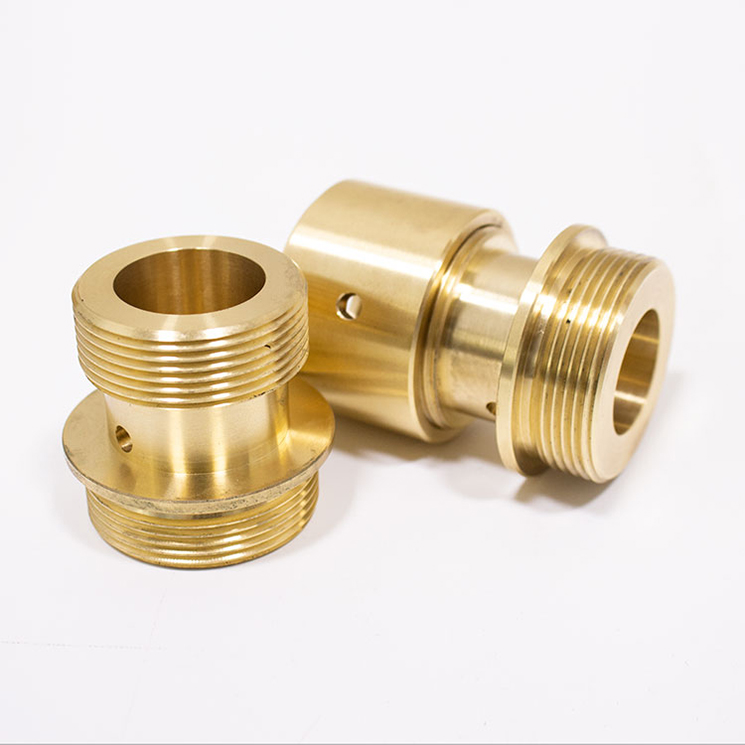CNC Machining Definition
CNC machining is a manufacturing process that uses a computer-controlled machine tool’s cutters to remove material from a workpiece to form a desired shape or design (subtractive manufacturing).

The machine can perform a variety of operations including drilling, milling, turning and grinding.
CNC Machining Applications:
CNC machining is widely used in aerospace, automotive, medical, electronics and other industries that require high precision and accuracy. It is also used for rapid prototyping and low-volume production.
Advantages of CNC machining:
One of the main advantages of CNC machining is the ability to produce parts with high precision and consistency. A computer program ensures the machine tool follows the same path each time, producing the same part. CNC machines can also work around the clock, allowing for cost-effective production.
What are the commonly used materials for CNC machining?
Metal:
Aluminum, steel, brass, copper, titanium and nickel alloys. These materials are commonly used in industries such as aerospace, automotive and medical.
plastic:
PEEK, ABS, polycarbonate, nylon and PVC. These materials are commonly used in industries such as electronics, consumer goods and medical.
wood:
Hardwood, softwood and plywood. These materials are commonly used in industries such as furniture, cabinetry and signage.
Composite material:
Carbon Fiber, Fiberglass and Kevlar. These materials are commonly used in industries such as aerospace, automotive and sports equipment.
ceramics:
such as alumina and zirconia. These materials are commonly used in industries such as electronics and medical.
Why choose CNC production and processing?
CNC machining has several advantages over traditional machining methods, making it the first choice for manufacturing. Here are some reasons to choose CNC production machining:
Accuracy:
CNC machine tools are highly accurate, typically ±0.01mm, and can produce parts with tight tolerances. And it can ensure the consistency and accuracy of each part processed, so as to produce high-quality products.
efficiency:
CNC machines can produce components quickly and efficiently, reducing the time required for manufacturing. This makes CNC production machining an excellent choice for large-scale production runs.
flexibility:
CNC machines can be programmed to machine different parts and assemblies, making them versatile and flexible.
consistency
Components produced by CNC machines are consistent in quality and precision, reducing the possibility of errors or defects.
automation:
CNC machines are fully automated, reducing the need for manual labor and increasing productivity. These machines can run 24/7, producing parts around the clock.
Cost-effectiveness:
reduces the need for tool changes, reduces material waste, and requires less manual labor, reducing overall costs.
For custom CNC machined parts, Xinrico offers unrivaled expertise to different industries, delivering high quality results for aluminum and other materials. Let’s start your project today!






